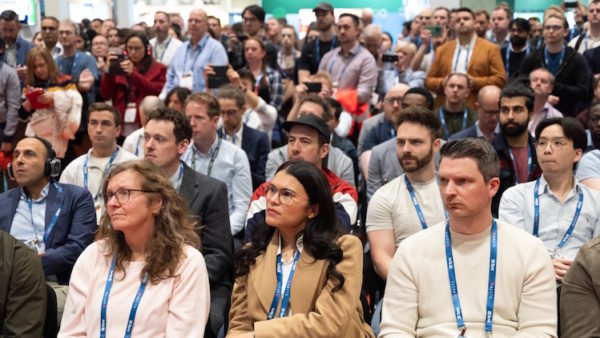
A new framework for early career construction professionals sets out what they, their employers, academic institutions and training providers should expect in terms of digital skills and what they should do to increase the pace of transformation.
The Digital Capabilities Framework, published by the Construction Innovation Hub to coincide with COP26, has been informed by research and insights from workshops involving recent graduates and their managers from a range of built environment disciplines, as well as a series of roundtables with academic course leaders, professional institutions and industry representatives.
It is intended to stimulate discussion and action by enabling industry, built environment undergraduate and masters course providers and professional institutions to provide a common language and structure around which all professionals and disciplines can unite to support the development of the digital capabilities the sector needs.
The framework identifies six core digital capabilities that are essential for all built environment disciplines:
- data collection and instrumentation
- information management
- data interpretation and analysis
- data governance
- data visualisation
- software development
Construction Innovation Hub head of information management Henry Fenby-Taylor said: “If we are to make the construction and infrastructure sectors a top choice for skilled and digitally savvy young people who care about sustainability and the environment, then we need to offer interesting, varied and challenging roles where digital capabilities are valued and nurtured. This new framework is a step forward in achieving this transformation.”
Mace workplace experience director Maud Santamaria welcomed the framework and emphasised the link between digital skills and achieving sustainability targets: “Digital forms of work are transforming the sector and will support the pivot to net zero. Data is how we look at the carbon footprint of projects and technologies like BIM help us build a picture of the project across its lifecycle to evaluate its impact.
“Net zero is coming across as a particularly important issue for early career professionals. They want to see more work done on carbon emissions and digital tools allows us to capture and analyse these.”
The key recommendations
Built environment employers should:
- provide an organisational environment that allows digitally enabled graduates to flourish and influence how the organisation does things digitally;
- provide opportunities to develop specific digital capabilities relevant to the organisation’s work and enabling digital innovations, as well as professional accreditation;
- ensure that the acquisition of digital capabilities and knowhow is incentivised and part of career progression within the organisation; and
- demonstrate to graduates and early-career practitioners how your organisation is engaging with the digital agenda, for example, at open days and similar events.
Early career graduates and built environment professionals should:
- advocate for and demonstrate the benefits of digital approaches; and
- request access to and funding to develop appropriate digital skills as your career progresses.














